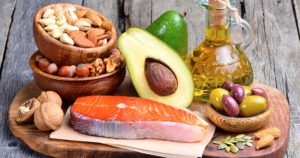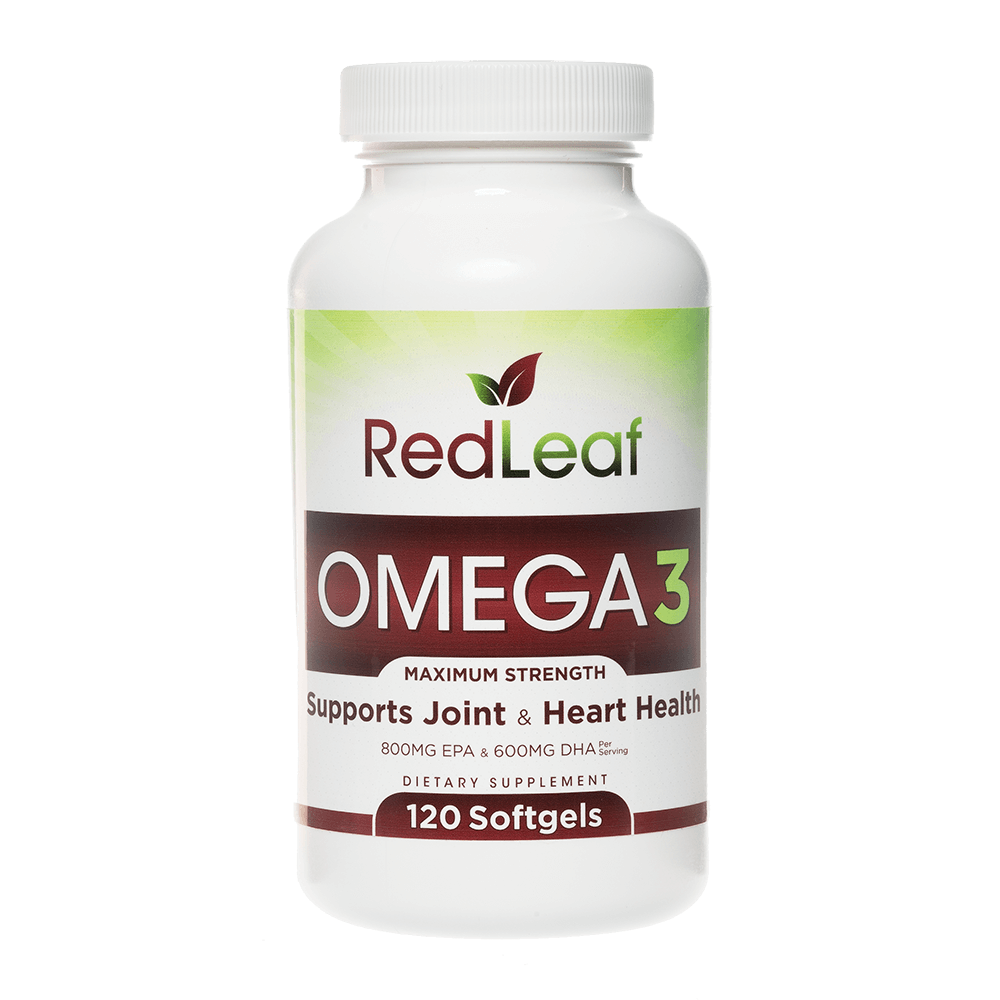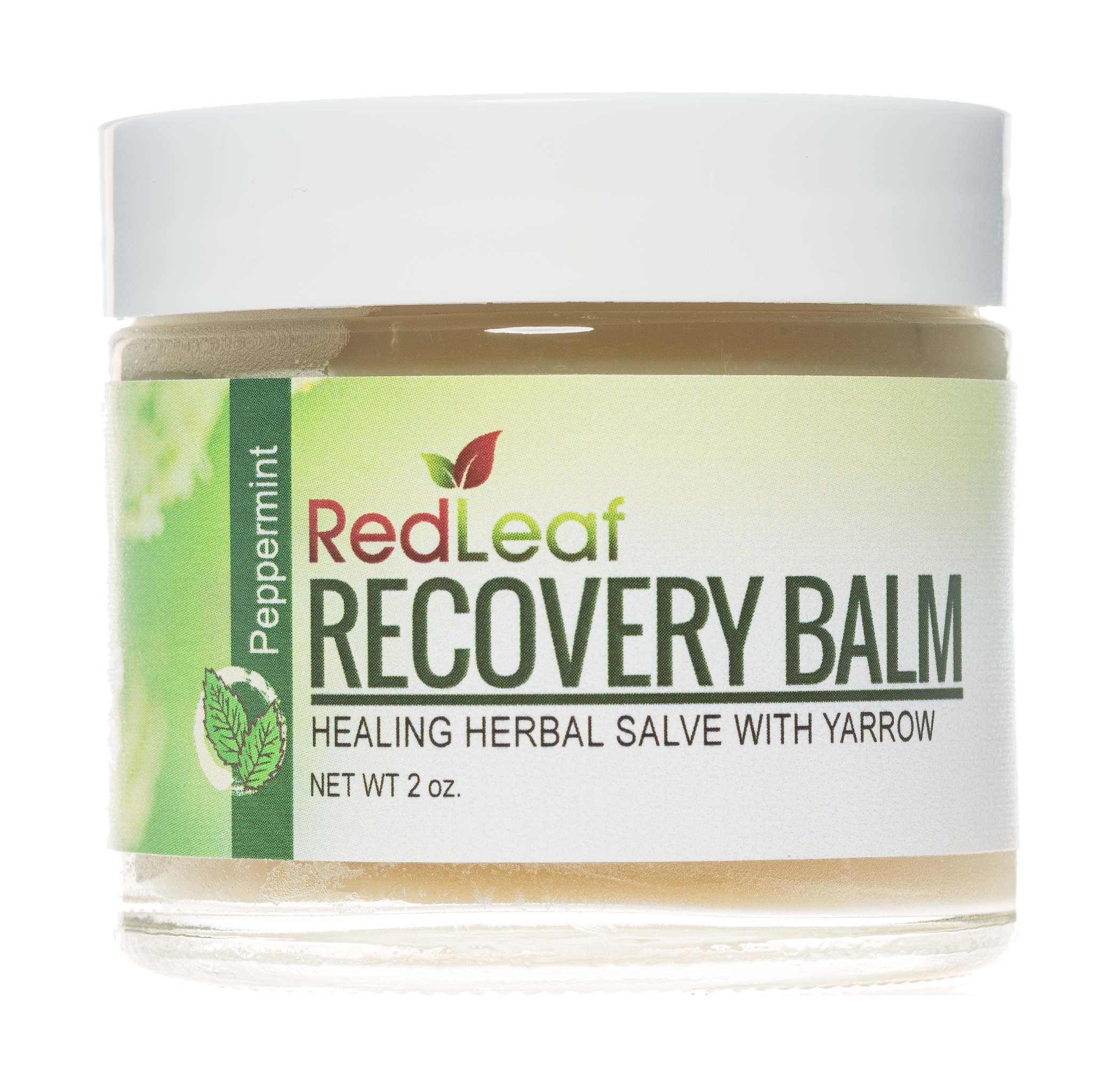
Fat had been demonized in our diets for a very long time, starting with the 1970’s studies which incorrectly indicated saturated fat as the root cause of heart disease. Thankfully, we’ve learned in more recent studies that fat is a beneficial inclusion in our diets and is needed for a variety of things. With that in mind, let’s cover some of the main reasons why you need fat. We’ll discuss what fat does in your body, how much to include in your diet, and some of the best sources of fat to include to ensure you’re getting all the benefits possible.
Fat’s role in your body
According to the American Heart Association (the same group that for a very long time demonized fat) fat plays three very critical roles in your body:
- Support cell growth
- Absorb nutrients
- Hormone production
In essence, fat’s role in your body is to make all the unseen changes happen. If you follow an extremely low-fat diet, it is likely that you will eventually run into some hormone challenges. These are sometimes seen through adrenal fatigue (although that is often more associated with over-training) or thyroid issues, as well. If you’re consistently feeling tired throughout your day, check your fat intake and see if you’re lower than recommendations. Typically any diet consisting of less than 20% of the calories coming from fat is considered a low-fat diet. If these issues persist, you can also go to your doctor and have blood work done.
Additionally, fat helps with absorption any of the micronutrients in fruits and vegetables – so don’t skip the olive oil or salmon on your salad, both actually makes the entire thing healthier.
How much fat do you need?
As usual when we discuss macronutrient amounts, it is extremely individualized, and you should work with a nutrition coach to ensure you’re getting the correct amounts of carbohydrate, protein, and fat. That being said, there are some general guidelines we can use when determining how much fat to include in your daily diet. If you’re looking to follow a low-fat diet, keep your overall percentage between 15 and 20% of all calories. For a moderate diet, somewhere between 20 and 30%, and a high-fat diet would begin around 40% of all calories coming from fat.
This all comes back to individual goals. If you want to excel in athletics, it is highly likely you will want to include more carbohydrates than fat in your diet. Therefore a moderate or low-fat diet potentially makes the most sense. There is one large caveat: if you are an ultra-endurance athlete and looking to become a fat-adapted competitor, you will need to follow a very high-fat diet, in the range of 70% of all calories.
What fat sources are best?
There is no “best” fat source. Most research points to a mix of saturated and unsaturated fat being the best case for your body. Thankfully, regardless of if you follow a diet which includes meat or not, you can include plenty of both.
For saturated fat, any animal meat fat will have the appropriate amount of saturated fat for your diet. This includes steak, chicken thighs, pork loin, or eggs. Additionally, butter of course has saturated fat. Try to include grass fed butter as opposed to butter made from grain fed cows. For those following a plant-based diet, anything made from coconuts will have saturated fat in it. Cooking with coconut oil, drinking coconut milk, or sprinkling coconut flake into your oatmeal will do the trick here. Other nuts and seeds also include saturated fat, so simply read up on it.
For unsaturated fat, you want to look for omega three fatty acids. Avocados, salmon, mackerel, and almonds are all excellent sources of omega threes. Our most convenient option? Omega three supplements. When we set out to build ours, we looked for clean sources which include a variety of sustainable fish. Including a serving of these a day in your diet can help you reduce inflammation, improve recovery, and help you maintain a better omega 6 to omega 3 ratio.
Overall, most research indicates you want to have more unsaturated fat than saturated fat in your diet. If most of your fat comes from things like butter, coconut oil, and steak, you may not be living your healthiest life. Choose more olive oil, avocado, salmon, and lean cuts of protein in your diet. Snack on mixed nuts including almonds, cashews, and macadamia nuts. Keep the variety in your fat choices to ensure you’re getting all the benefits possible.



